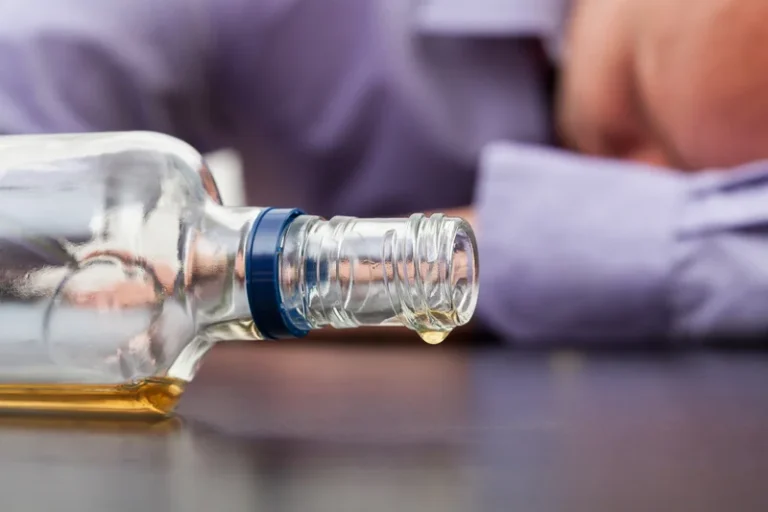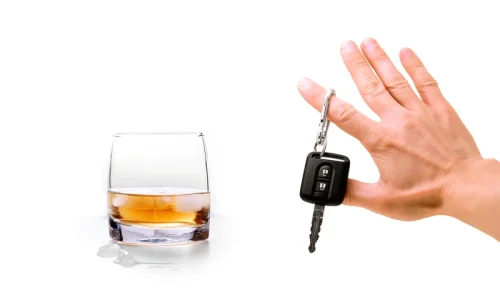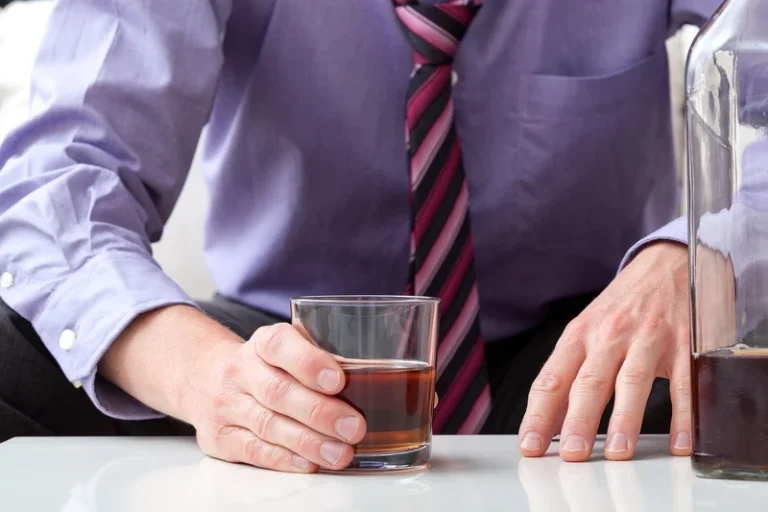
Heavy drinking with these drugs increases the risk of stomach bleeding. Addiction Resource is an educational platform for sharing and disseminating information about addiction and substance abuse recovery centers. Addiction Resource is not a healthcare provider, nor does it claim to offer sound medical advice to anyone. Addiction Resource does not favor or support any specific recovery center, nor do we claim to ensure the quality, validity, or effectiveness of any particular treatment center. No one should assume the information provided on Addiction Resource as authoritative and should always defer to the advice and care provided by a medical doctor. Alcohol can interfere with the absorption and metabolism of some medications, including blood thinners.

Can I mix any blood thinners and alcohol?
- Serious illnesses, injuries, obesity, and long periods of inactivity can also increase your risk.
- These drugs — which include warfarin, heparin, and newer medications such as apixaban and rivaroxaban — work in different ways, but all interfere with the clotting process.
- Ever found yourself wondering why that glass of wine hits you a bit differently sometimes?
- Alcohol is itself a blood thinner, and it also increases the time your blood thinner medication stays in your system.
Taking Xarelto can increase the risk of bleeding if you also have severe liver disease. Health experts agree that heavy drinking and atrial fibrillation (Afib) don’t mix. That’s because alcohol can trigger symptoms of the condition, such as heart palpitations. But does that mean people with atrial fibrillation shouldn’t drink at all? There are no hard-and-fast atrial fibrillation guidelines on how much alcohol is safe to drink. If you have atrial fibrillation, your doctor may prescribe blood thinners (especially anticoagulant medicines) as part of your treatment plan.
- Finally, it answers some common questions about alcohol and blood thinning.
- Low-impact activities such as walking, biking, yoga, Pilates and strength training are all fine.
- It also changes their physical makeup, making them less sticky and therefore less able to stick together and form a clot.
- Alcohol consumption can lower plasma fibrinogen levels, a protein essential for blood clotting, potentially reducing the risk of heart attacks and strokes but increasing the risk of bleeding.
- According to Cleveland Clinic, anticoagulants can either prevent clots from forming or help to break down existing clots, thereby safeguarding against life-threatening complications.
Do Tell Your Doctor if You Plan on Stopping Any Medication
Only trained and licensed medical professionals can provide such services. If you or anyone you know is undergoing a severe health crisis, call a doctor or 911 immediately. Alcohol can thin the blood for several hours after consumption, with effects varying based on individual metabolism, alcohol quantity and other factors. For example, polyphenols found in red wine have been suggested to have blood thinners and alcohol mild anticoagulant properties, potentially contributing to blood-thinning effects. That reduction in risk could be due to slower alcohol absorption, or it might reflect other healthy lifestyle choices these people made, Ortolá suggested. Craft beers with more natural brewing processes and higher levels of polyphenols, like certain ales and stouts, could offer slight antioxidant benefits.
Adverse Side Effects of Excessive Alcohol Consumption

You may have a higher chance of getting clots in the veins in your legs after a hip or knee replacement. This is called deep vein thrombosis, which can cause a pulmonary embolism, which is when a blood clot breaks off your blood vessel and travels to your lungs, where it gets stuck. But anticoagulants can help prevent deep vein thrombosis after surgery. Your body makes blood clots from red blood cells, platelets, fibrin, and white blood cells. Anticoagulants and antiplatelets keep these parts from sticking together and forming new clots.
- Blood thinners are medicines that help keep you from forming blood clots as easily, which keeps your blood flowing smoothly through your veins and arteries.
- For individuals taking warfarin, an international normalized ratio (INR) test measures the blood’s clotting time.
- Blood thinners, also known as anticoagulants, are medications designed to prevent the formation of blood clots or to inhibit existing clots from getting larger.
- Acetaminophen can cause liver damage if you take more than the recommended dose.
Therefore, a person should not drink alcohol instead of taking blood thinning medications as a doctor has prescribed. A person who is uncertain whether they can drink alcohol while taking blood thinners should speak with a doctor. Anyone who experiences severe symptoms, such as constant bleeding, intense pain, or dizziness, should seek emergency care.


Does Alcohol Thin Your Blood?

